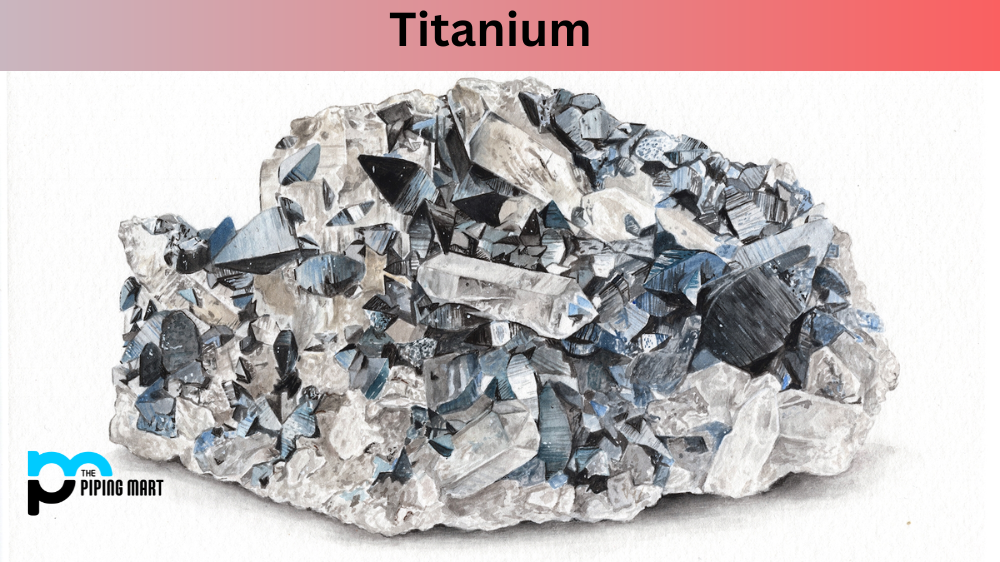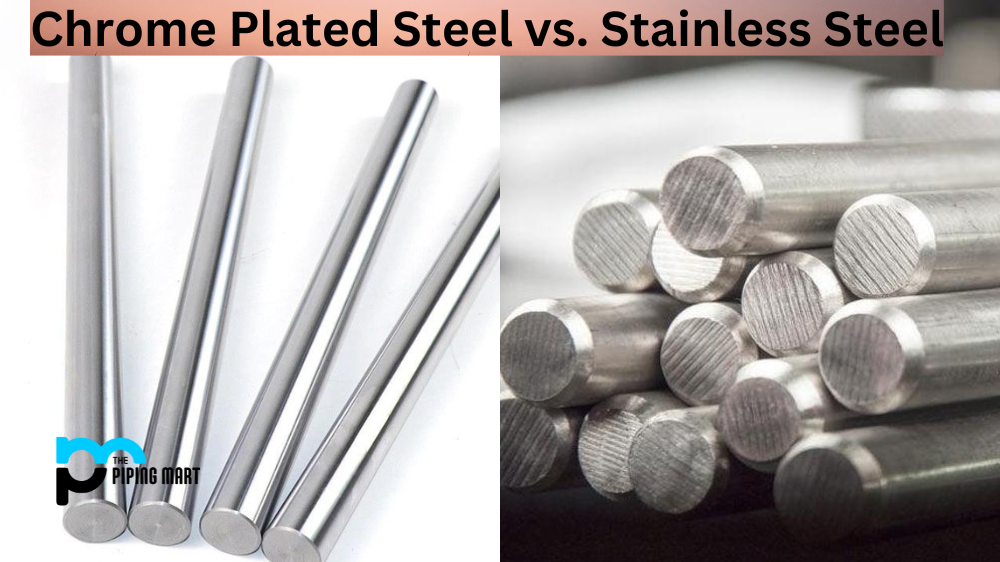When choosing the most robust material for your project, there are two popular options: steel and titanium. Both materials have been widely used in various fields, from aerospace engineering to medical applications. But the question remains: which one is stronger? In this blog post, we will compare the properties of titanium and steel to determine which is more vital once and for all.
First, we must understand what “strength” means regarding materials. Strength measures how much stress a material can withstand before it deforms or breaks. There are several ways to measure strength, including tensile, yield, and compressive strength. Tensile strength measures how much pulling force a material can take before breaking. In contrast, yield strength measures how much energy a material can take before it begins to deform permanently.
Now, let’s compare the strength properties of titanium and steel. Titanium is known for its high strength-to-weight ratio, which makes it perfect for applications where weight reduction is critical. The ultimate tensile strength of titanium is around 434 MPa, comparable to some steel grades, such as 4130 alloy steel. However, titanium has a higher yield strength, measuring about 370 MPa, meaning it can withstand more force before permanent deformation.
On the other hand, steel is a traditional material known for its high strength and durability. The ultimate tensile strength of steel can reach up to 2,500 MPa, which is much higher than titanium. However, steel’s yield strength is lower than titanium, measuring only around 200 MPa.
While steel has a higher ultimate tensile strength than titanium, it is essential to consider other factors such as weight, corrosion resistance, and fatigue strength. Titanium is much lighter than steel, with a density of about 4.5 g/cm³ compared to steel’s 7.8 g/cm³ density. Titanium is also highly corrosion-resistant, making it suitable for marine applications where steel may rust over time. Finally, titanium has a better fatigue strength than steel, which can withstand repeated loading and unloading cycles without breaking.
Conclusion
So, which one is more robust – titanium or steel? The answer is it depends. By strength, we mean ultimate tensile strength, and steel takes the lead. However, titanium has a higher yield strength, better fatigue strength, and is much lighter than steel. In conclusion, the choice between titanium and steel will depend on the project’s specific requirements. If weight reduction, corrosion resistance, and fatigue strength are critical factors, titanium will likely be a better choice. But if ultimate tensile strength is the primary consideration, steel may be a better option. Consulting with an expert who can help determine the best material for your specific needs is essential.

Abhishek is a seasoned blogger and industry expert, sharing his insights and knowledge on various topics. With his research, Abhishek offers valuable insights and tips for professionals and enthusiasts. Follow him for expert advice on the latest trends and developments in the metal industry.




